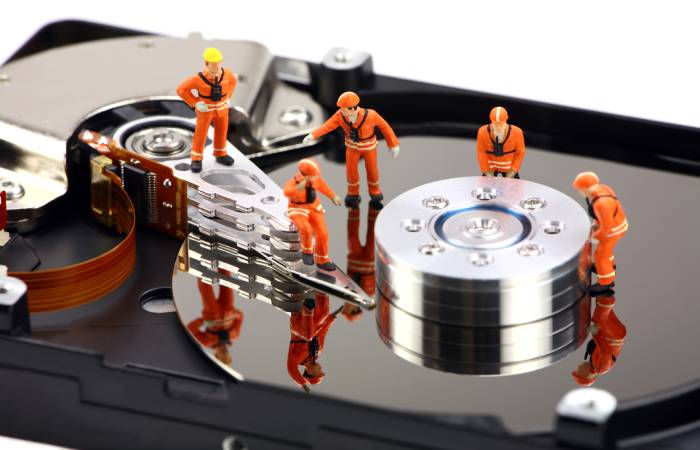Table of Contents
What is Hard Technology?
Hard technology exists due to a previous validity of soft technology, which is intangible, that cannot touch.
We could think of machinery in factories, tools, and production equipment in industries as hard technology, the raw material and the corresponding inputs for an individual elaboration, and much more.
Types and Characteristics of Hard Technology

The most innovative characteristics of this type of hard technology are the following:
1. New and Innovative
- Thus, hard technology will have a significant advantage in product manufacturing. Through soft technology, training for further innovation in hard technology carries out.
- A clear example of this is the invention of the railway at the time, which allowed goods to move from one place to another, generating an absolute advantage over those regions where horse carriages still use for this purpose.
2. Low Maintenance
- It is essential for companies that seek to be 100% competitive.
3. Efficient and Speed
Products made using these types of technologies will be consolidated quickly and efficiently.
An example of this could be introducing even more automated machinery for Ford cars’ manufacture, generating a tremendous competitive advantage against other automobile manufacturers of the 20th century.
4. Serve Human Needs
- It is probably the feature that least meet.
Example of Hard Technology

Pausing now to think about concrete examples of hard technologies, we can mention the following:
1. Production Machinery and Equipment
- Hard technologies had their peak during the Industrial Revolution of the 19th century. They meant a significant change in product development, being used by men to improve productions.
2. Transport
- Without a doubt, it one of the technologies that change the most in recent centuries, despite having to develop since the beginning of humanity. At first, the transport of production does on foot.
- Sometime later, animals and the wheel began to be used, promoting regional transport.
- One of the most significant changes was thanks to the boats that managed to communicate practically the entire known world and then the New World.
- With the arrival of the railroad and later automobiles, product deliveries at the regional level greatly accelerate.
- The arrival of the railroad and later the car accelerated the deliveries of products at the regional level. The development of the aeronautical industry undoubtedly allowed products to transport faster than ever worldwide. This method especially useful when the product must deliver quickly.
3. The Hardware of a Computer
- It could be the most typical example of hard technology, which allows you to see the purpose and meaning of soft technology with some clarity.
- A computer (hard technology) is useless if there is no software (soft technology).
Features of Hard Technology
Not all tangible technology is considered hard technology. For this, it must meet specific characteristics, such as:
1. Novel and Innovative
- If you introduce novelty and creativity, it will have a significant advantage in an already highly competitive and demanding market.
- It is the soft technology that previously allows training to innovate in hard technology.
- For example, those who introduced the railroad to transport the merchandise undoubtedly innovated and beat those who used horse-drawn carriages for this purpose, at least in regional transport.
- For example, Ford’s introduction of new, more automated machinery and automobile manufacturing methods undoubtedly gave it a substantial competitive advantage over other automakers in the early 1900s.
2. Conjugates with the Economy of Obsolescence
- It is related to planned obsolescence.
- Allow reducing the time of transformation, transport, or creation of products and services.
- It does not produce environmental damage or pollution in general.
- If they produce waste, they must adequately treat it. This characteristic takes more into account from the last decades.
- Unfortunately, it is not always appropriately fulfilled.
- Serve the needs of the human being.
- Top Paying Jobs in America.
- We are respecting him and his environment. This characteristic is probably the least fulfilled.
Advantages and Disadvantages of Hard Technology
- Hard technology allows us to generate new and better quality products and services.
- It makes just as possible to improve production and creation times.
- But the use of these technologies almost always generates toxic or polluting waste.
- Also, the excess use of natural resources for production could lead to their loss.
Conclusion
The denomination of “hard technologies” refers to those that most correspond to the image that most people have regarding technology: they transform materials to produce or build new objects and materials.
All the physical products that develop in the great companies of the world to facilitate the tasks to their users constitute hard technologies, and within them appear many ways to stand out:
The attractiveness and functionality concerning its use maybe for a home, recreational or industrial purposes.
It serves to materialize the knowledge, techniques, and skills that soft technology has. It would not be likely to create material objects that use this intangible knowledge.
Also read: What is the Cha Cha Slide Google exactly?

